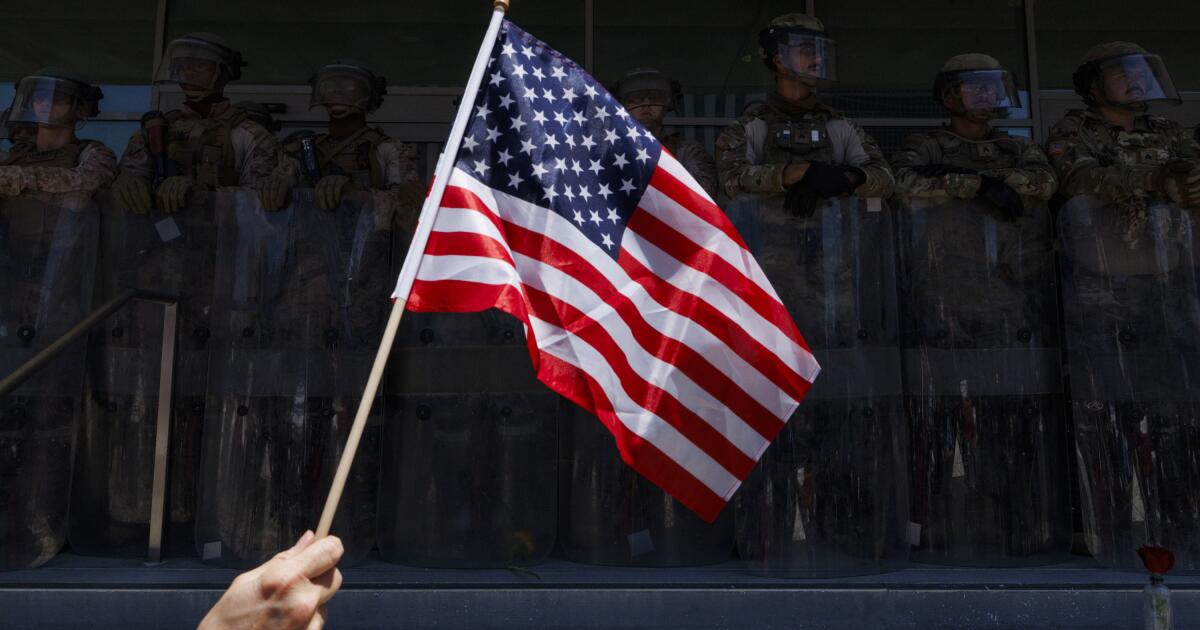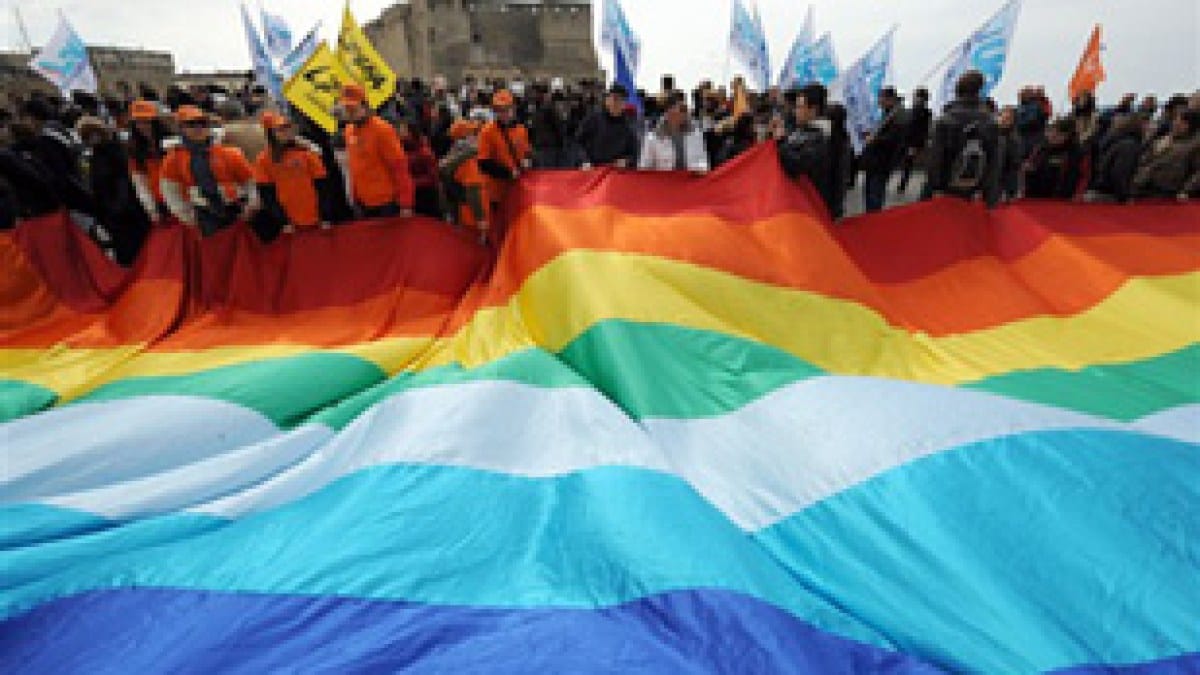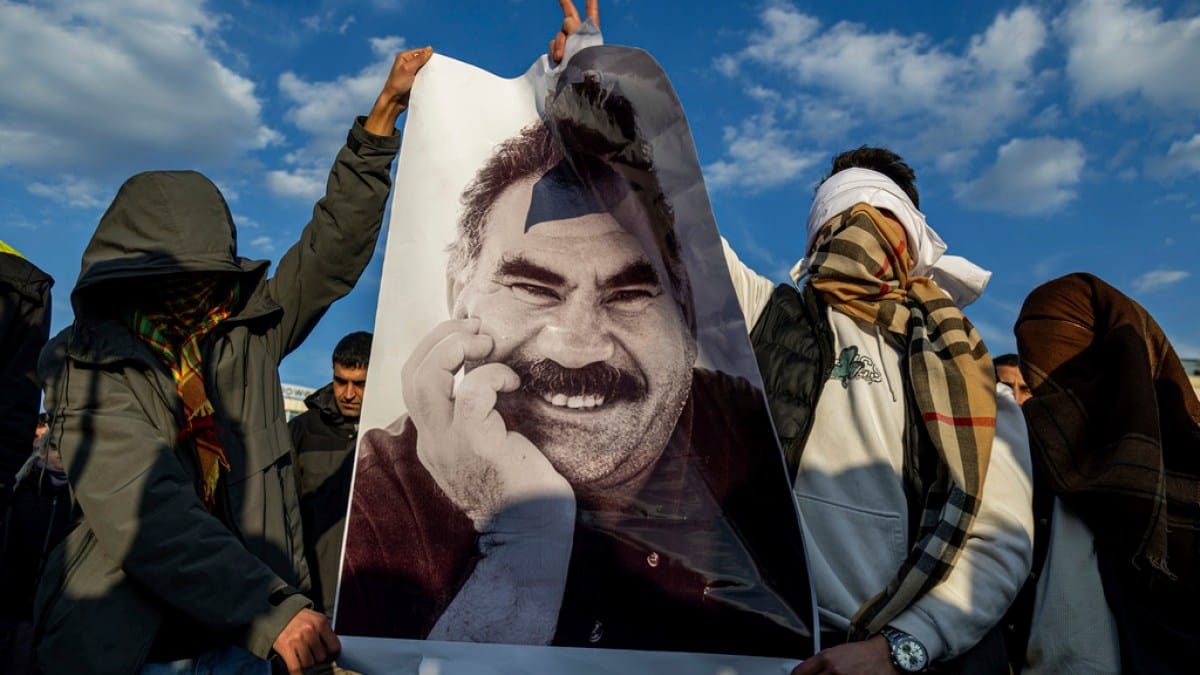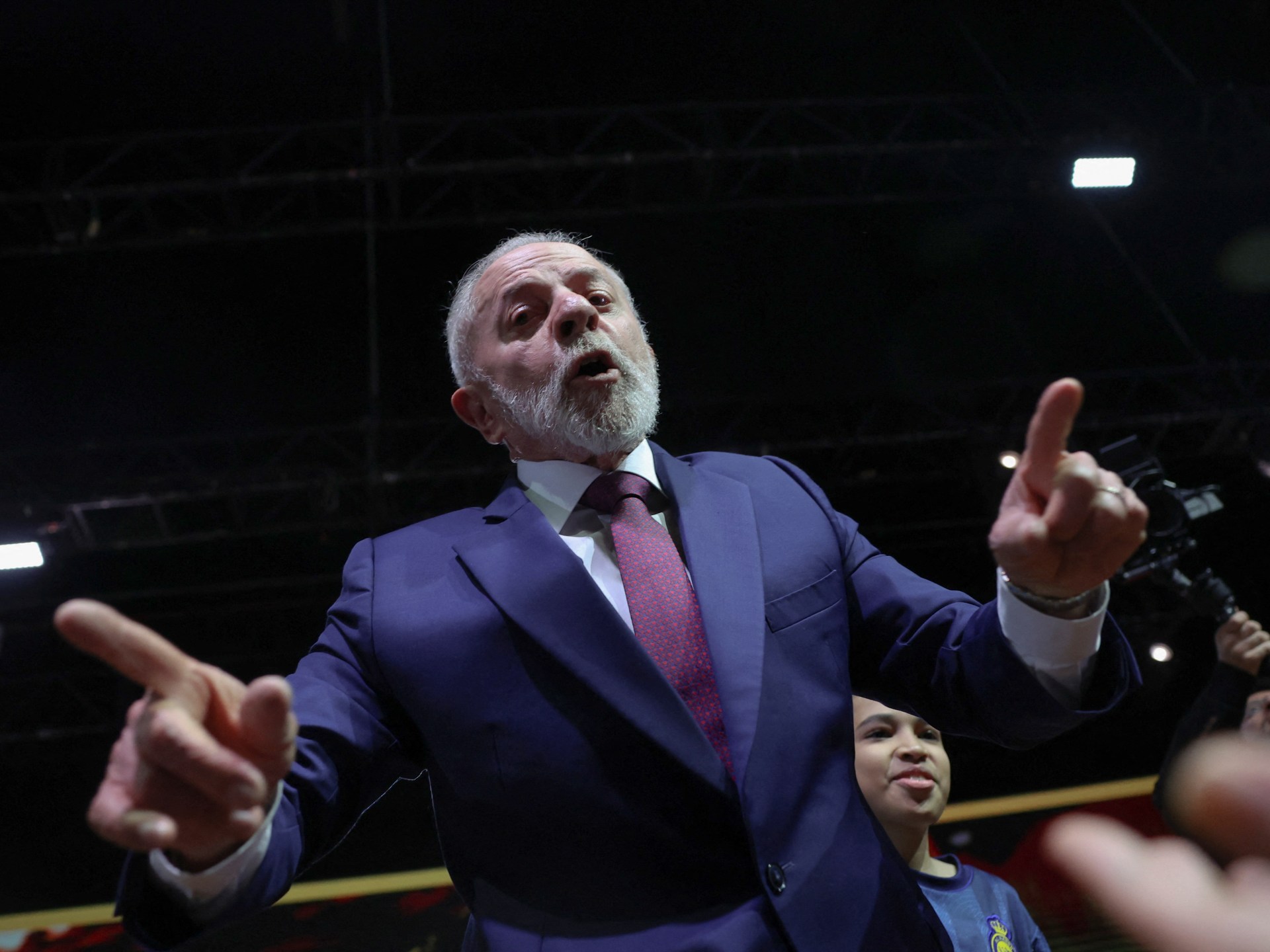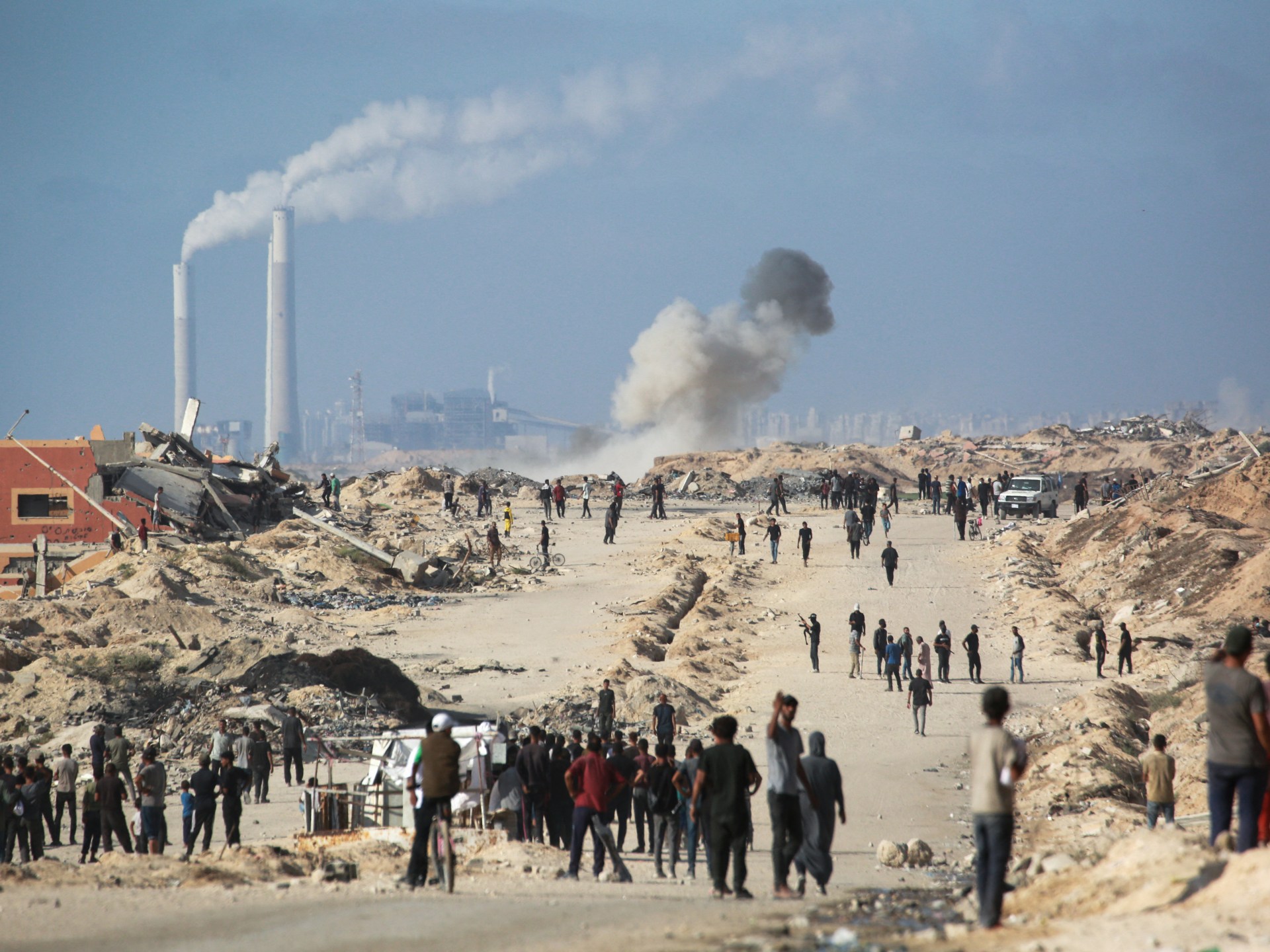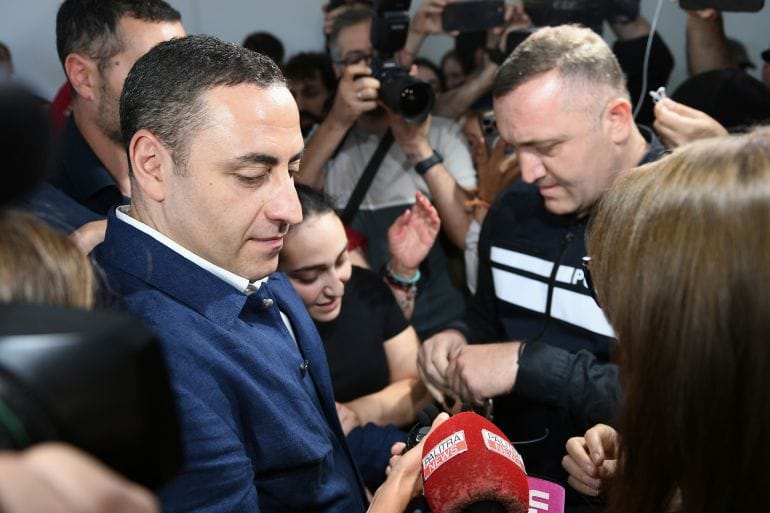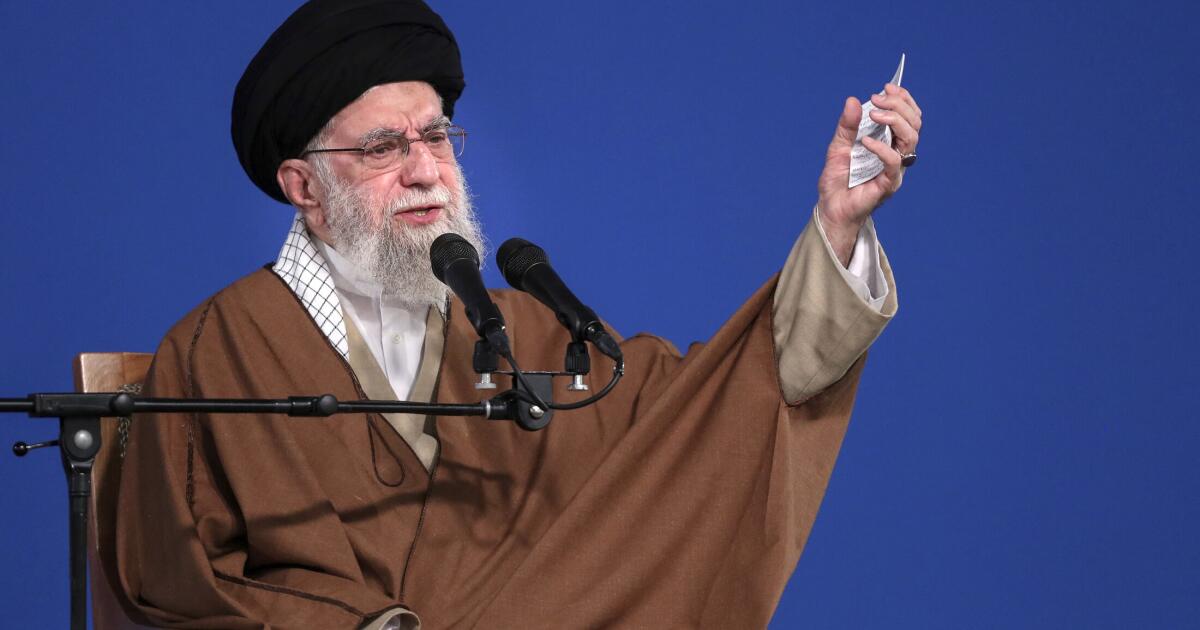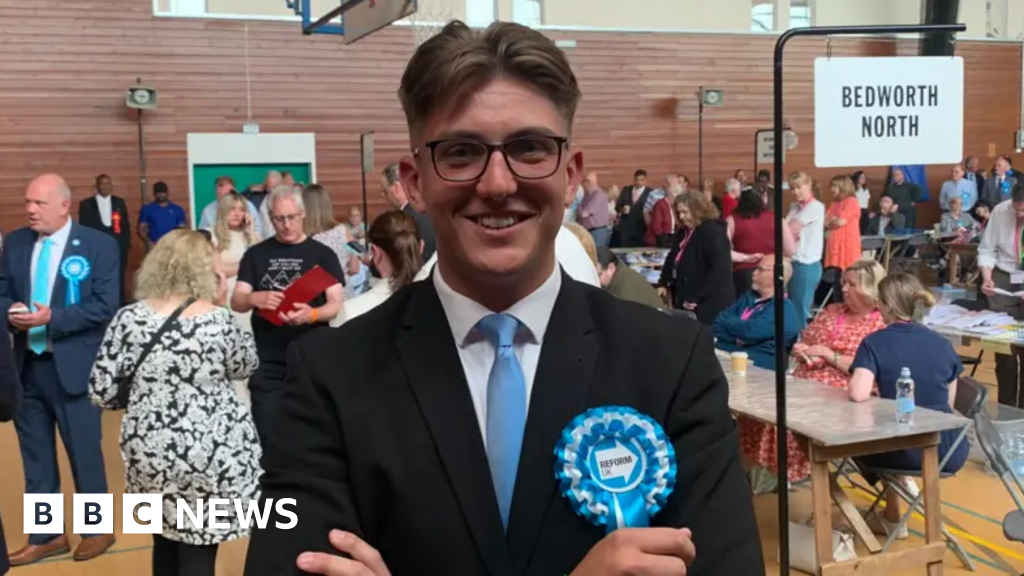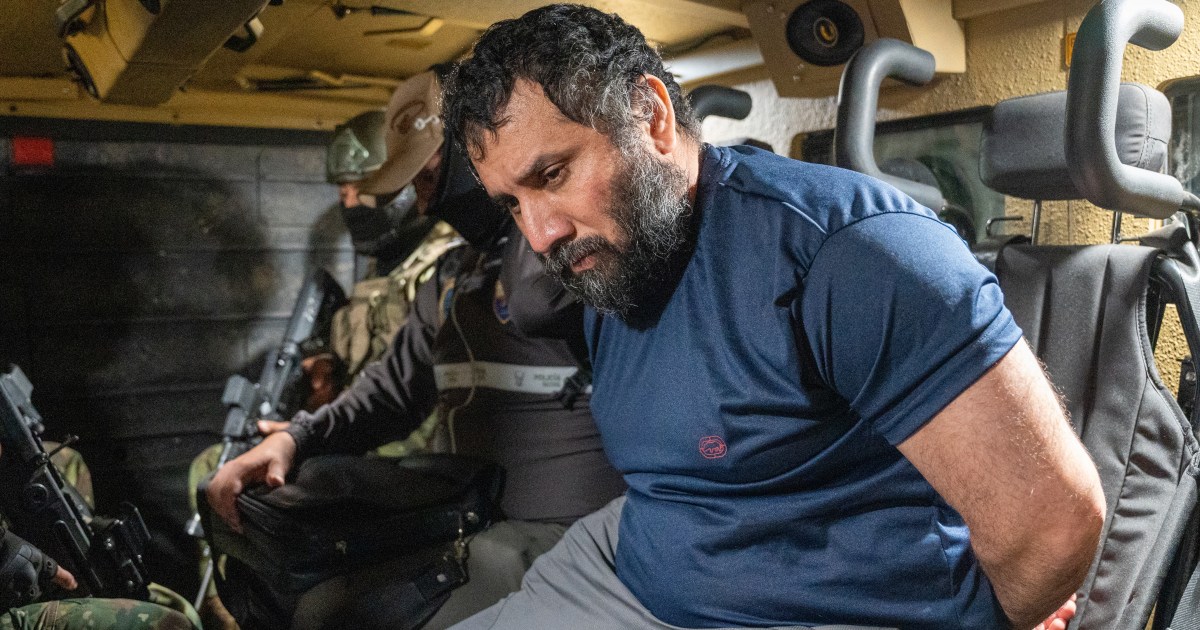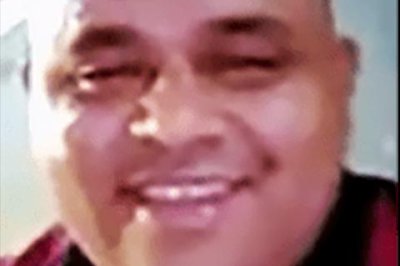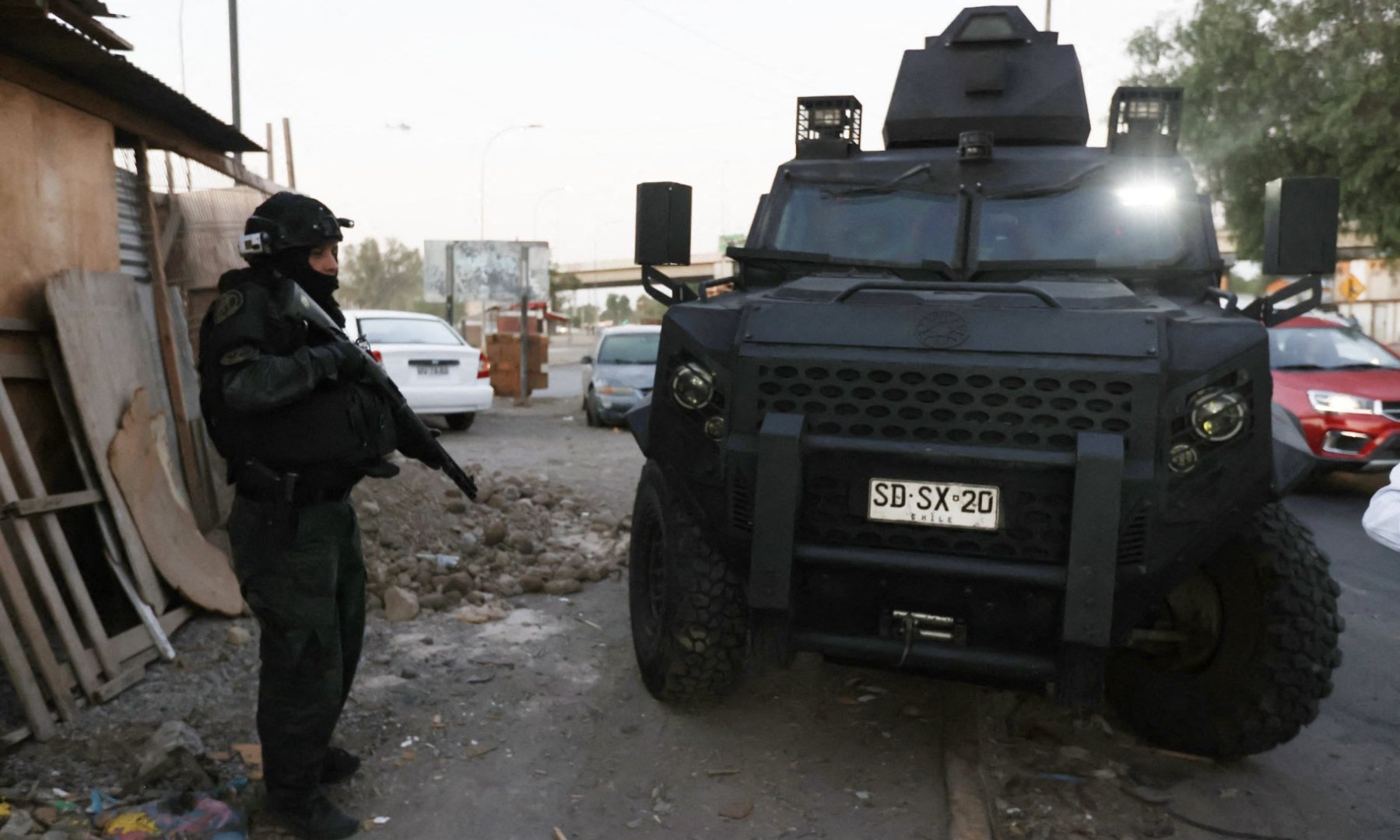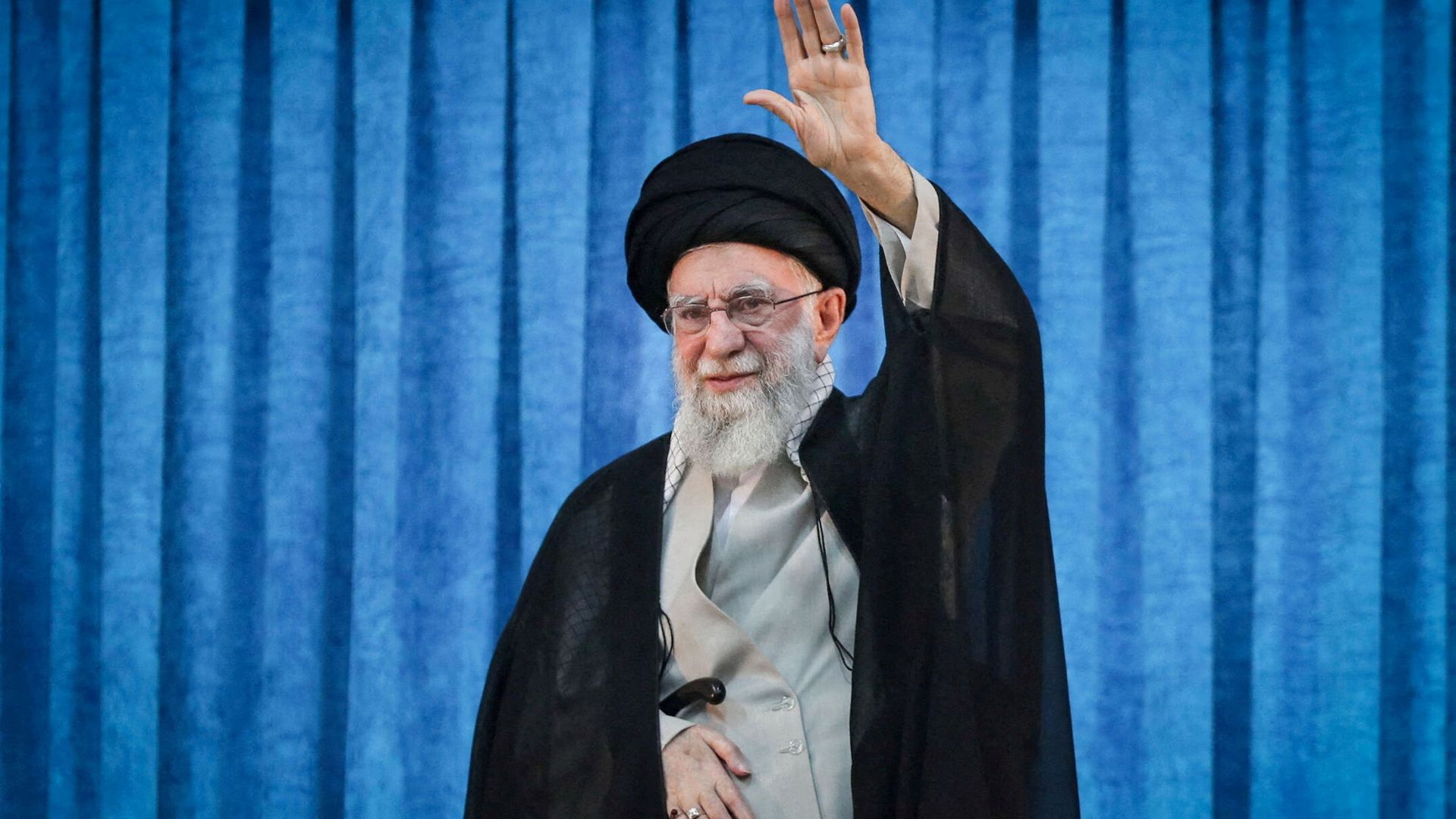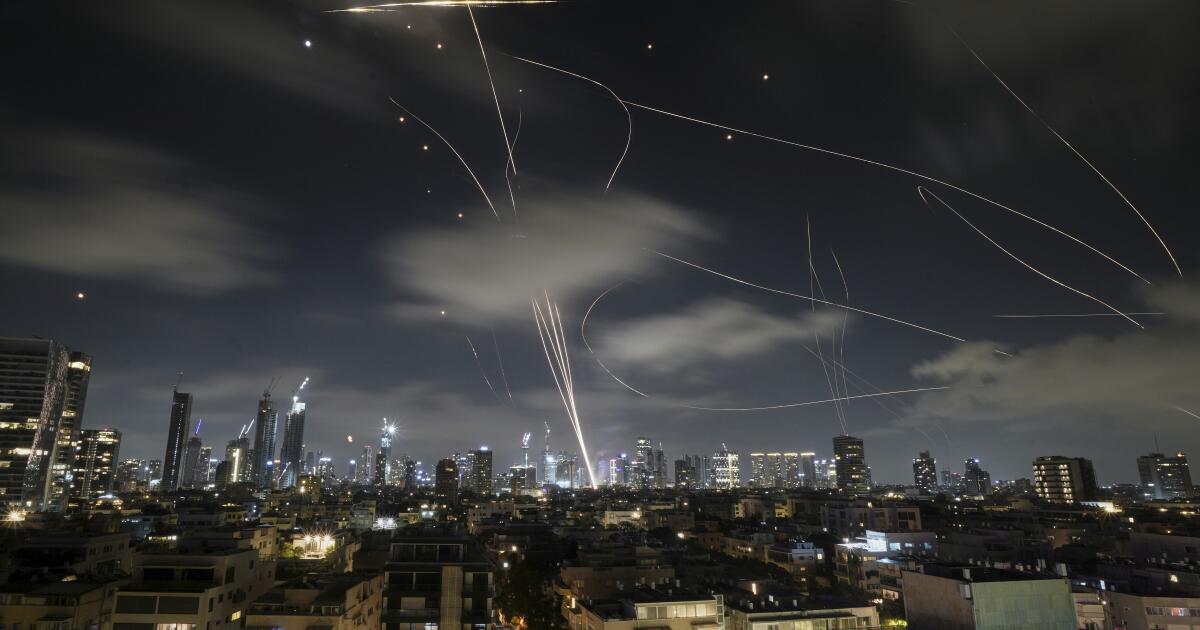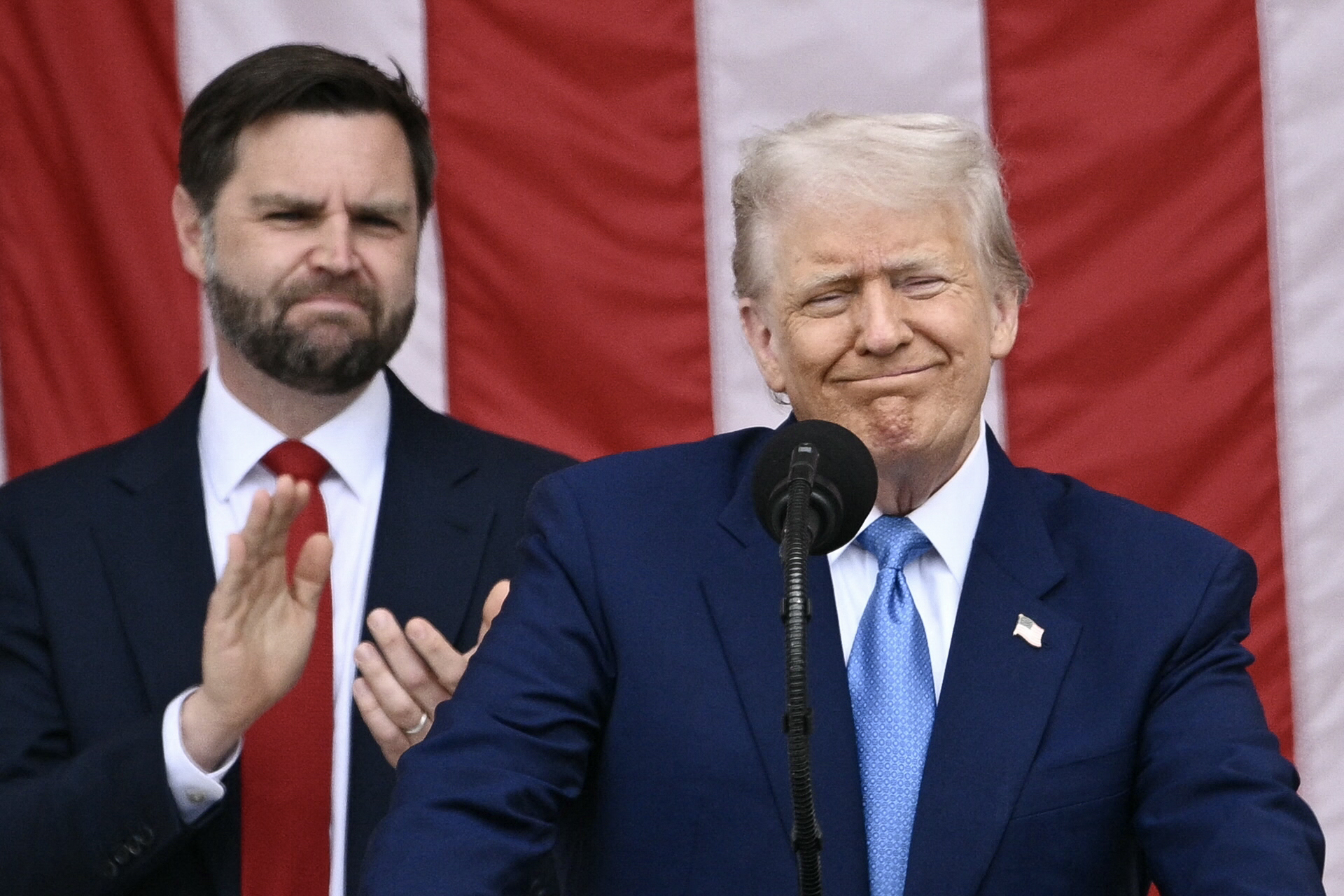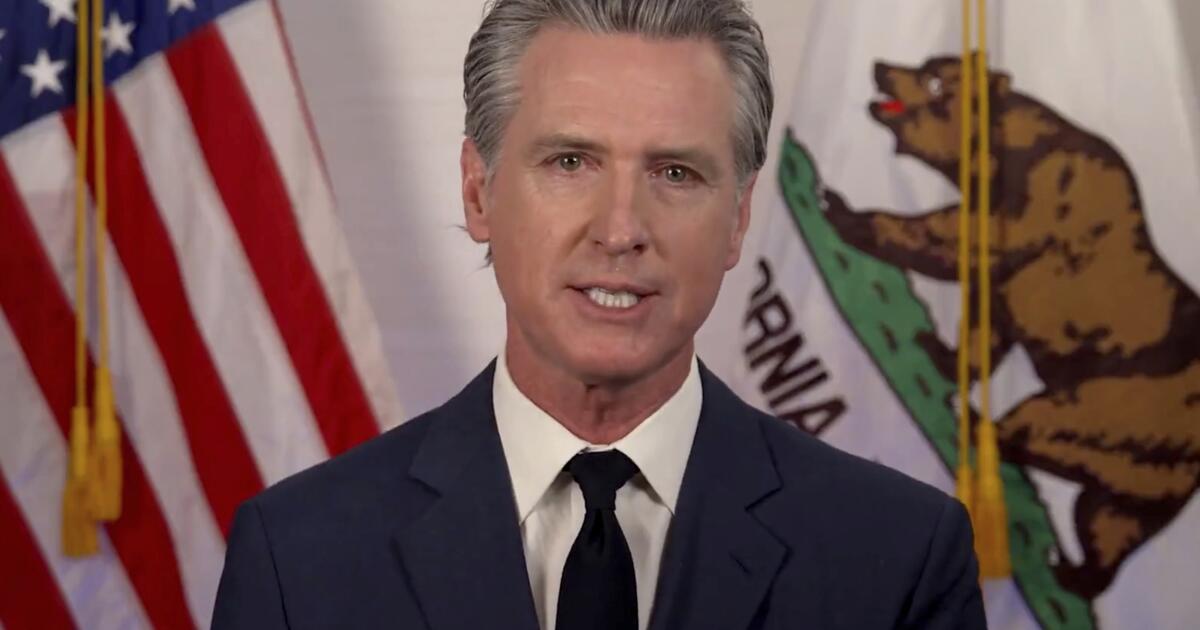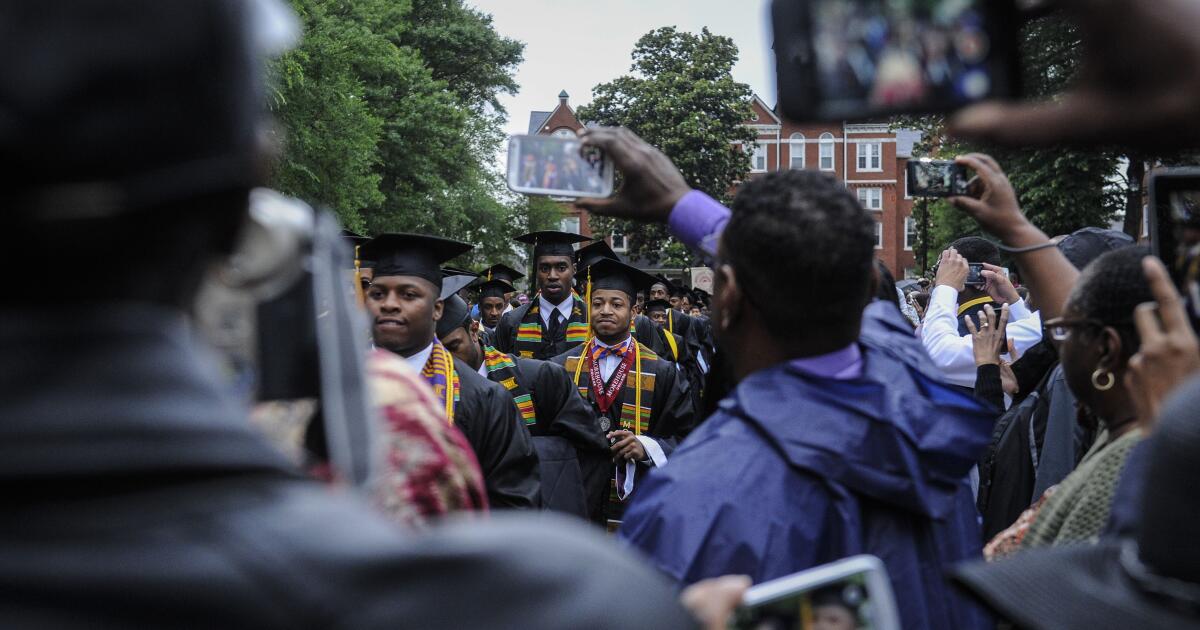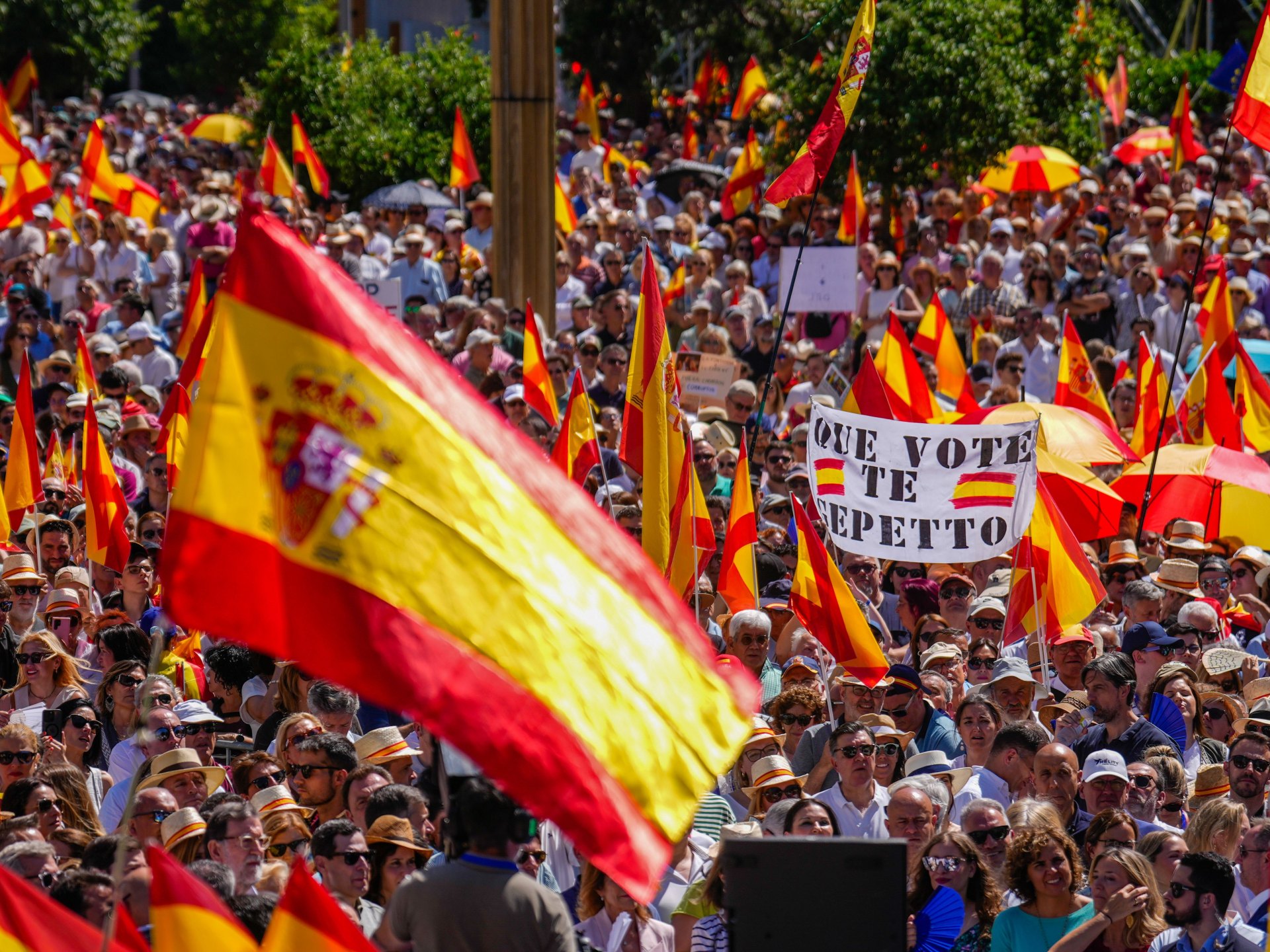Polls show Californians sour on leaders, fret about democracy
California is having a bummer of a political summer.
With the state under daily siege by the Trump administration, Los Angeles occupied by federal troops and our gallivanting governor busy running for president, is it really any surprise?
A recent UC Irvine poll found that residents, by a 2-to-1 margin, believe California is headed on the wrong track, a mood consistent with other gauges of Golden State grumpiness.
Why the sad faces?
“We are so divided as a country that people feel like there’s no common purpose and the other guys are out there about to do mayhem to the things that they believe in,” said Jon Gould, dean of UC Irvine’s School of Social Ecology. “Number two, there is a substantial portion of people who feel that their economic situation is worse than it was four years ago, two years ago, one year ago.”
Gov. Gavin Newsom also gets some credit, er, blame for the state’s darkened disposition.
A poll conducted by UC Berkeley’s Institute of Governmental Studies found California voters have little faith in their chief executive as he rounds the turn toward his final year in office. (Which may be one reason Newsom would rather spend time laying the groundwork for a 2028 White House bid.)
Only 14% of voters surveyed had “a lot” of trust in Newsom to act in the best interests of the California public, while another 28% trusted him “somewhat.” Fifty-three percent had no trust in the governor, or only “a little.”
Not a strong foundation for a presidential campaign, but Potomac fever is a powerful thing.
The Democratic-run Legislature fared about the same in the Berkeley survey.
Forty-four percent of respondents had either a lot or some degree of trust in Sacramento lawmakers — not a great look, but a number that positively shines compared to attitudes toward California’s tech companies and their leaders as they increasingly try to spread their overweening influence to politics. Only 4% had a lot of trust in the companies acting in the best interest of the California public; nearly six in 10 did not trust them at all. (There was similarly little faith in business groups.)
But it’s not just the state’s leaders and institutions that fail to engender much trust or goodwill.
A survey by the nonpartisan Public Policy Institute of California found residents have also soured on the three branches of the federal government.
Fewer than a third of Californians expressed approval for President Trump and the conservative-leaning Supreme Court. Just 2 in 10 Californians approved of the job Congress is doing.
Some of that is colored by partisan attitudes. Registered Democrats make up the largest portion of the electorate and, obviously, most aren’t happy with the GOP stranglehold on Washington. But that distrust transcended red and blue loyalties.
Overall, 8 in 10 adults said they do not fully trust the federal government to do what is right. A nearly identical percentage said they trust the government to do what is right only some of the time.
That, too, is part of a long-standing pattern.
“It’s a concern, but it’s not a new concern,” said Mark Baldassare, who directs research for the Public Policy Institute. “It’s been around in some form for decades.”
Back in 1958, when the National Election Study first asked, about three-quarters of Americans trusted the federal government to do the right thing almost always or most of the time — a level of faith that, today, sounds like it comes from people in another galaxy.
Starting in the 1960s, with the escalation of the Vietnam War, and continuing through the Watergate scandal of the 1970s, that trust has steadily eroded. The last time the Pew Research Center asked the question, in the spring of 2024, just 35% of Democrats and Democratic-leaning independents nationwide said they trusted the federal government just about always or most of the time. That compared to just 11% of Republicans and Republican leaners.
What’s new — and perhaps most troubling — in the recent batch of opinion surveys are growing fears for the state of our democracy.
Nearly two-thirds of those sampled in the Berkeley poll felt that “American democracy is under attack” and another 26% described it as “being tested.” Only 1 in 10 said our democracy is in “no danger.”
America has had some knock-down political fights in recent decades. But it’s only in the Trump era, with his incessant lying about the 2020 election and assault on the rule of law, that the durability of our democracy has become a widespread concern.
Pollsters didn’t even ask that question “10 years ago, 20 years ago, because it was just inconceivable,” said Eric Schickler, who co-directs Berkeley’s Institute of Governmental Studies.
“Even in moments when people were mad, say after [Hurricane] Katrina, Iraq with Bush, or amid the Lewinsky scandal or various other moments of trouble and conflict you would never have seen… 64% say American democracy is under attack and only 10% saying democracy is not in danger,” Schickler said. “That’s just a pretty stunning number … and I think it suggests something really different is going on now.”
Perhaps this is just a temporary cloud, like the coastal fog that dissipates as summer rolls on?
“In the short to medium term, I’m not optimistic,” Schickler said. “I think that the problems that we have, the challenges, have just been growing over a period of time. Starting before the Trump era, for sure, but then accelerating in recent years. I think we’re heading more toward a politics where there just aren’t limits on what a party in power is going to do or try to accomplish, and the other party is an enemy and that’s a really bad dynamic.”
Oh, well.
There’s always the mountains, beach and desert offering Californians an escape.
